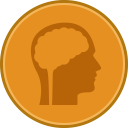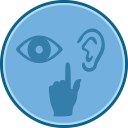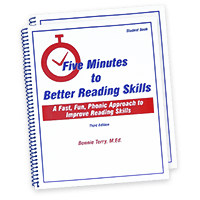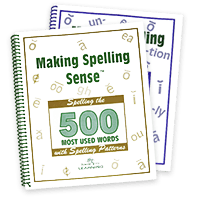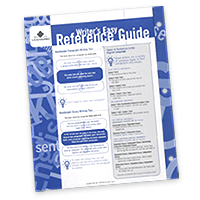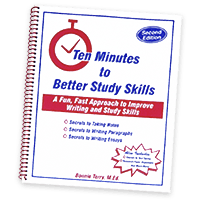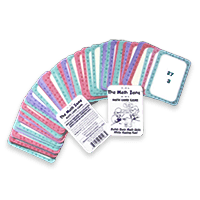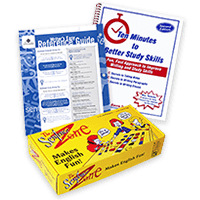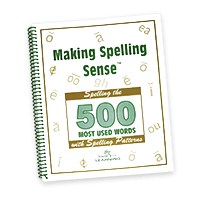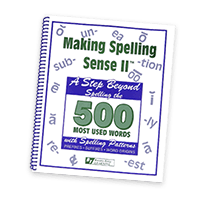Neuro-Developmental Behaviorally Based Assessment
Overview
- Live On-line Behaviorally Based Assessment
- Results Consultation
- 18-22 Page Report
This Assessment Covers
- 27 Areas of Perception
- Auditory Processing
- Visual Processing
- Kinesthetic Processing
- Executive Function
- Working Memory
- Reading
- Math
- Writing (Capitalization and Punctuation)
Do You Suspect Dyslexia or Learning Disabilities?
Are you losing sleep with worry? Do you know what do you do when you suspect your child has a learning problem or dyslexia? How do you address the learning problems? Do you KNOW what is interfering with your child’s learning?
Learning Problems, Learning Disabilities, and Dyslexia
- Learning difficulties affect up to 1 in 3
- Learning disabilities or dyslexia affect 1 in 5
- Most learning problems are never identified
- Over 40 million American adults are dyslexic but only 2 million know it
- Dyslexia occurs in people of all backgrounds and intellectual levels; you CAN be gifted and have dyslexia
- With appropriate teaching methods, those with dyslexia or other learning disabilities can learn successfully
- Over 50% of NASA employees have dyslexia
- Some people with dyslexia also struggle with organization and planning skills and/or concentrating with background noises
- Many famous people have dyslexia including: Steven Speilberg, Whoopi Goldberg, Albert Einstein, Richard Branson, Alexander Graham Bell, Thomas Edison, and Tom Cruise
Common Traits for students with dyslexia, learning difficulties, or learning disabilities:
- They feel like a failure. They don’t smile much anymore either.
- They feel stupid. They don’t see the point of even trying, no matter what they do, they feel it’s not good enough.
- They dread going to school. School isn’t fun or interesting; it’s hard!
- They may get frustrated with schoolwork. They know everyone else does everything much easier and they know it’s so much harder for them to do their own assignments and then get lousy grades on them.
- They may feel that their work isn’t going to be good enough so they stop trying. They may ultimately not be able to get into the college of their choice or get the job of their choice.
About the Assessment
Bonnie Terry, M. Ed., BCET offers a neuro-developmental behaviorally based assessment that will identify the underlying root cause of learning problems. Because the assessment is behaviorally based it can be done over the phone. The results correlate to specialized testing AND actually identifies the underlying cause of the learning problems.
Once the assessment is done, Bonnie goes over the results with you and gives you specific recommendations on what you can do to help your child.
Includes:
- Assessment (Reading, Writing, Math, Neuro-Developmental Behaviorally Based Assessment covering 27 areas of perception plus executive function and working memory)
- Results consultation
- Recording – mp4 file of the results consultation
- 18-22 page report covering the results
Bonnie explains each area that is problematic, how it impacts learning, and what you can do to address the areas.
What Parents Say About the Assessment…
“I can’t get over how you were able to identify exactly what was going on with my son. Understanding what specifically has been holding him back has made such a difference to us! And, after following your recommendations…what can I say…learning is much easier for him!”
Kim G.
“We went to so many places and were even told there was nothing we could do to help our son. You have not only given us hope, you have given us answers. And he is making real progress now. Your assessment was the key to his success. Thank you so much!”
Ronald B.
Audio Testimonials
Michael Haynes
Kathy Blalock
Listen to what more parents have to say
about our assessment and programs »
